Our Vision
Receiving a diagnosis of cancer is a deeply emotionally distressing event. While traditional psychotherapy is a useful tool, it has traditionally worked on a longer term basis - but cancer patients sadly cannot be guaranteed any kind of ‘longer term’. Art therapy (also called Art Psychotherapy) steps into this gap to give an immediate outlet, playing a powerful role in giving patients both insight and an additional will to fight. It plays an especially important role for patients who are resistant to traditional psychological therapy, for example young men, who often turn down other forms of support.
Art therapy is defined as an integrative mental health and human services profession that enriches the lives of individuals, families, and communities through active art making, creative processes, applied psychological theory, and human experience within a psychotherapeutic relationship (American Art Therapy Association, 2018). The art making occurs in the context of a facilitative therapeutic relationship with a professionally trained art therapist, and is considered reparative and adaptive by activating the creative and imaginative aspects of human brain functioning.
Unfortunately, while the benefits of art psychotherapy to cancer sufferers is unquestioned, funding and expertise in the field has been sorely lacking, especially in the United Kingdom. CBMT stepped into this gap to help ensure that there are enough qualified professionals in the space, and to ensure that art therapy is available to those who need it most.
In addition to directly funding the training of ~30 new art therapists, CBMT also maintains an art therapy practice at Barts Hospital, in London (with matching funding from the NHS), where the CBMT art therapists, in addition to their core work with cancer patients, are also engaged in several areas of research and even in providing support for doctors and nurses. This work has become even more important through the COVID-19 pandemic, with many in-patients not able to have outside visitors for months at a time, and where overstretched doctors and nurses are at high risk of burnout. In recognition of the powerful and wider role that Art Therapy played in the COVID-19 response at Barts, their Psychological services team (including art therapy and psychology) were put forward for a parliamentary award for the role they played in staff support during the peak of the pandemic.

